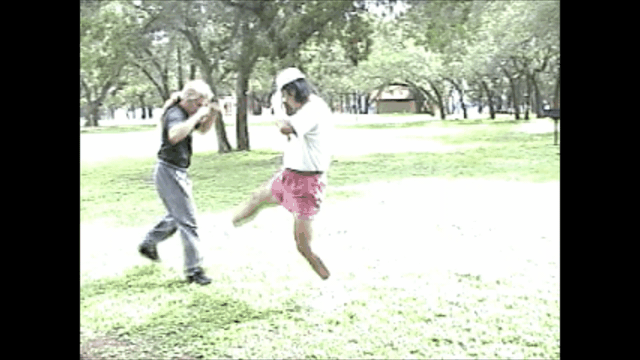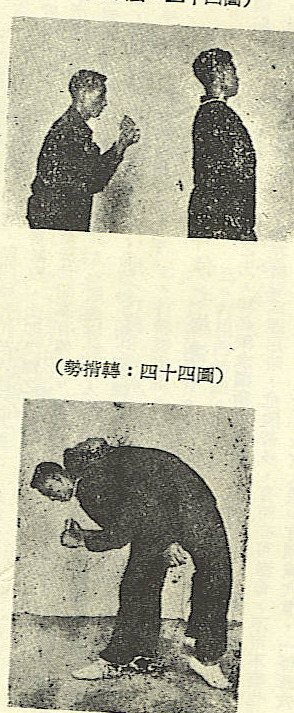That's common sense, which by itself is an oxymoron.
Some people learn a bit about a subject and know how much they don't know. Other people know a bit about a subject and think they know everything about it. I have a coworker that will read an article online about something, and he will start talking about it like he has a PHD level understanding of it, even if he's wrong about half of it. He thinks he's always the smartest guy in the room.
Let's look at another form of self-defense: gun fu. A lot of people believe that because they have a gun, they're safe. They don't have any strategy or training in:
- How to get to their gun at home (especially if a home intruder is between you and your gun)
- How to draw your gun efficiently or what to do if someone attacks you closer than you can safely draw and fire (the Tueller drill)
- How to effectively shoot at a moving target
- How to effectively shoot under stress
- Failure drills (i.e. gun fails)
- Movement with the firearm
- Shooting at multiple targets
- Testing proper self-defense ammo for function in your firearm (I have a couple that will only feed ball ammo, and won't feed hollow-points)
- Knowing what proper self-defense ammo is (not ones that will only go a couple inches into tissue, nor those that will go through several feet of tissue)
The list goes on. Guns are a great equalizer, and I encourage people who are concerned with self-defense to own a gun. But a lot of gun owners think that if you carry a gun while you're out and keep it in the safe at home, go to the range every once in a while and shoot at circles, and know the 4 safety rules, that's all you need.
The same applies to martial arts. Some people think that just by being there you can learn it effectively.


